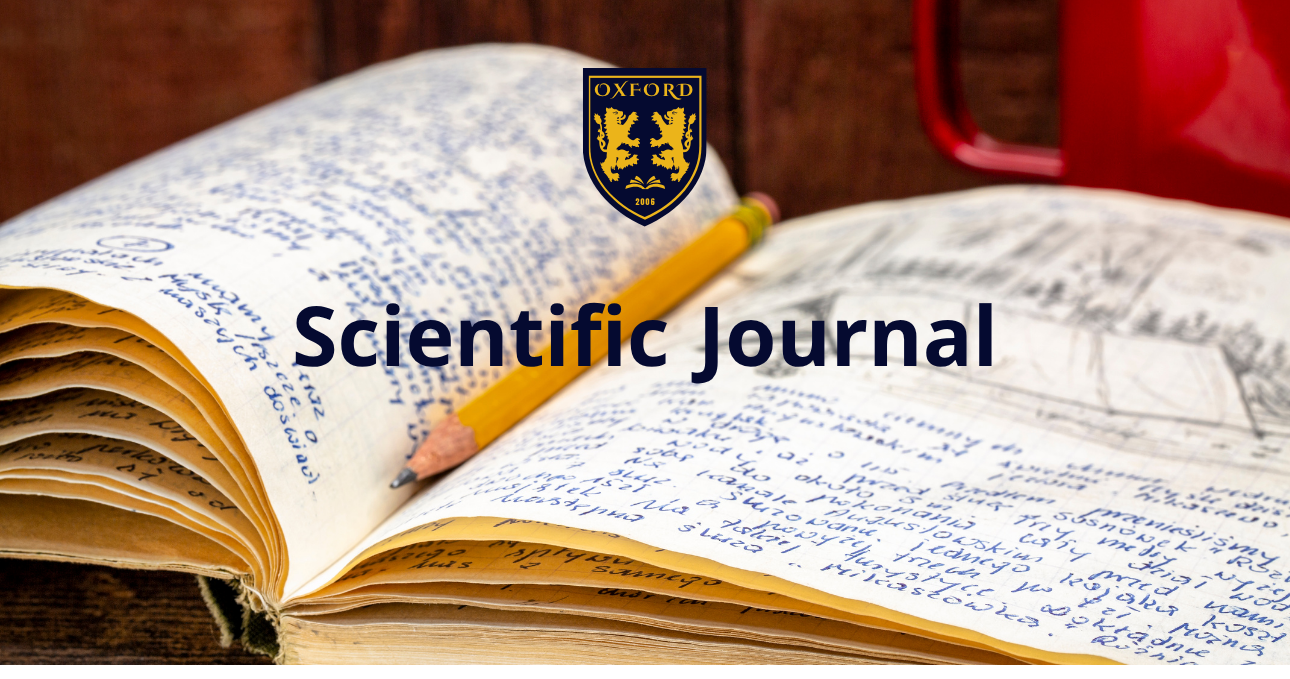By Dr. Alistair FinchSenior Education Strategist, Oxford College
Abstract
This research examines the growing influence of Artificial Intelligence (AI) on the educational landscape, with a specific focus on the phenomenon of inappropriate use of AI tools by students for completing assignments and academic tasks. The study explores various dimensions of this problem, including the challenges it poses to critical thinking, originality, and academic integrity. It also analyzes the underlying reasons why students might resort to these tools. Furthermore, the research proposes a set of solutions and remedies for educators, institutions, and parents to effectively address this challenge, aiming to foster authentic learning and develop genuine skills in students in the age of AI.
1. Introduction
With the accelerating advancements in Artificial Intelligence capabilities, particularly large language models (LLMs) like ChatGPT, the impact of these technologies is now felt across all aspects of life, including education. While AI offers promising opportunities to enhance personalized learning and pedagogical innovation, it also introduces new and complex challenges. Foremost among these is the inappropriate use of AI by students for completing assignments and academic tasks. This phenomenon not only threatens academic integrity but also hinders the development of crucial skills such as critical thinking, problem-solving, and creativity—skills that the educational process fundamentally aims to cultivate. This research seeks to analyze the various dimensions of this problem and provide practical solutions for addressing it.
2. Dimensions of the Problem: Inappropriate AI Use in Assignments
The inappropriate use of AI in assignments manifests in several ways and carries serious educational consequences:
- Erosion of Critical Thinking and Problem-Solving: When students rely on AI to generate answers directly, they bypass the essential cognitive processes of thinking and analysis required to deeply understand concepts. This deprives them of opportunities to develop the ability to process information, formulate arguments, and solve complex problems independently.
- Loss of Originality and Creativity: Assignments are designed to gauge a student’s comprehension and their capacity to apply knowledge and express original ideas. Using AI to create content results in work that lacks originality, undermining the very purpose of assessment and stifling individual creativity.
- Compromised Academic Integrity and Cheating: Submitting AI-generated work as one’s own effort constitutes a form of academic dishonesty. This undermines the principles of honesty and integrity that are fundamental to any educational environment.
- Gap in Genuine Learning: Over-reliance on AI can create a false sense of understanding or competence. A student might achieve good grades on assignments but fail to acquire the fundamental knowledge and essential skills needed for subsequent educational stages or the job market.
- Over-reliance on Technology: Unrestricted use of AI can lead to an excessive dependency on technology, diminishing students’ capacity to research, write, or think independently when these tools are unavailable.
Potential Reasons for Students Resorting to AI for Assignments:
- Academic Pressure: The desire to achieve high grades and alleviate assignment workload.
- Time Constraints: Busy schedules or inability to manage time effectively.
- Lack of Subject Understanding: Difficulty grasping concepts, pushing them to seek quick solutions.
- Lack of Motivation: Not seeing the value in the assignment or feeling bored.
- Ease of AI Access: The widespread availability and user-friendliness of AI tools.
- Lack of Ethical Awareness: Not fully understanding the academic and ethical consequences of inappropriate use.
3. Proposed Remedies and Solutions
Addressing the inappropriate use of AI in assignments requires a multifaceted approach involving educators, educational institutions, and parents:
- Firstly: Student Awareness and Clear Expectations:
- Policy Clarity: Educational institutions must establish clear and explicit policies regarding the acceptable and unacceptable use of AI, integrate them into curricula, and emphasize the consequences of academic integrity violations.
- Ethical Discussions: Facilitate open discussions with students about the ethics of AI and how over-reliance can impact their long-term learning and development.
- Emphasize Educational Value: Help students understand that the purpose of assignments is to develop their skills, not merely to produce correct answers.
- Secondly: Redesigning Assignments and Assessment Methods:
- Focus on Process, Not Just Product: Design assignments that require students to demonstrate their thinking process, perhaps by submitting drafts, reflective journals, or presenting their work orally.
- In-Class Activities and Assessments: Increase the weight of in-class work, presentations, discussions, and traditional exams where AI tools are not accessible.
- Personalized and Contextualized Tasks: Create assignments that are highly specific to local contexts, current events, or classroom discussions, making it harder for generic AI models to provide ready-made answers.
- Require Original Thought and Synthesis: Design tasks that demand critical analysis, synthesis of multiple sources, personal reflection, or creative problem-solving that goes beyond simple information retrieval.
- Utilize AI as a Learning Tool: Teach students how to use AI responsibly as a legitimate tool for brainstorming, drafting, research assistance, or refining their ideas, rather than a substitute for original thought.
- Authentic Assessments: Incorporate real-world problems, simulations, or project-based learning where students apply knowledge in practical scenarios.
- Thirdly: Teacher Training and Support:
- AI Literacy for Educators: Provide comprehensive training for teachers on how AI tools work, their capabilities, and how to identify potential AI misuse.
- Pedagogical Adaptation: Equip educators with strategies to design AI-resistant assignments and integrate AI positively into their teaching.
- Sharing Best Practices: Create platforms for educators to share successful strategies for managing AI in their classrooms.
- Fourthly: Technological Solutions (with caveats):
- AI Detection Tools: While not foolproof, AI detection software can be used as a supplementary tool to flag potentially AI-generated content, prompting further investigation rather than definitive judgment.
- Secure Assessment Environments: For high-stakes assessments, utilize proctored online environments or in-person exams where AI access is restricted.
- Fifthly: Parental Involvement and Community Engagement:
- Educate Parents: Inform parents about the implications of AI use in assignments and encourage their support in fostering academic integrity and responsible digital habits at home.
- Community Dialogue: Foster a broader community dialogue about the role of AI in learning and the values of originality and critical thinking.
4. Conclusion
The rise of Artificial Intelligence presents both unprecedented opportunities and significant challenges to the core tenets of education. The inappropriate use of AI by students in assignments is a critical issue that necessitates a proactive and holistic response. By clearly defining ethical boundaries, redesigning assignments to prioritize critical thinking and originality, empowering educators with comprehensive training, and engaging the wider community, educational institutions can navigate the complexities of the AI era. The goal is not to prohibit AI but to integrate it responsibly, ensuring that technology serves as a tool for deeper learning and skill development, rather than a shortcut that undermines academic integrity and stunts intellectual growth. This adaptive approach will prepare students to thrive in an AI-infused world, where genuine human intellect and ethical application of technology remain paramount.
Keywords
- Artificial Intelligence in Education
- AI in Assignments
- Academic Integrity
- AI Misuse
- Cheating with AI
- Student Assignments
- Critical Thinking
- Educational Technology
- Responsible AI Use
- AI Ethics in Education
- Pedagogical Solutions
- Learning Outcomes
- Digital Literacy
- AI Detection


